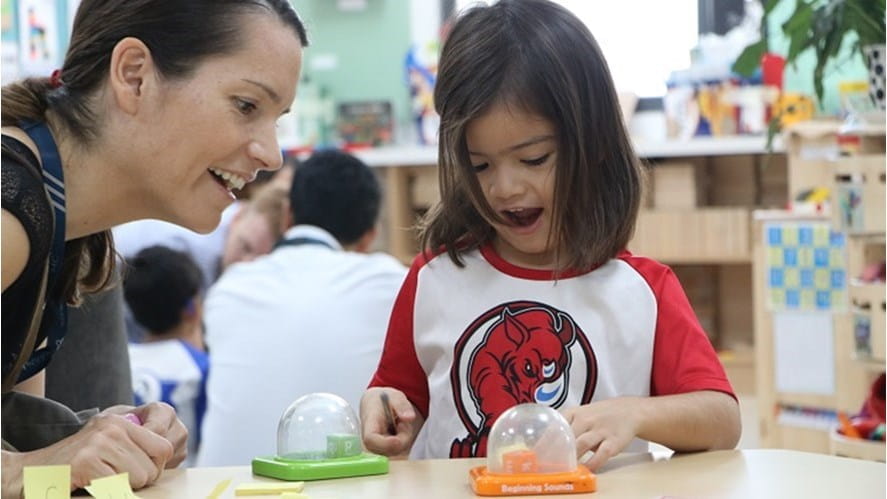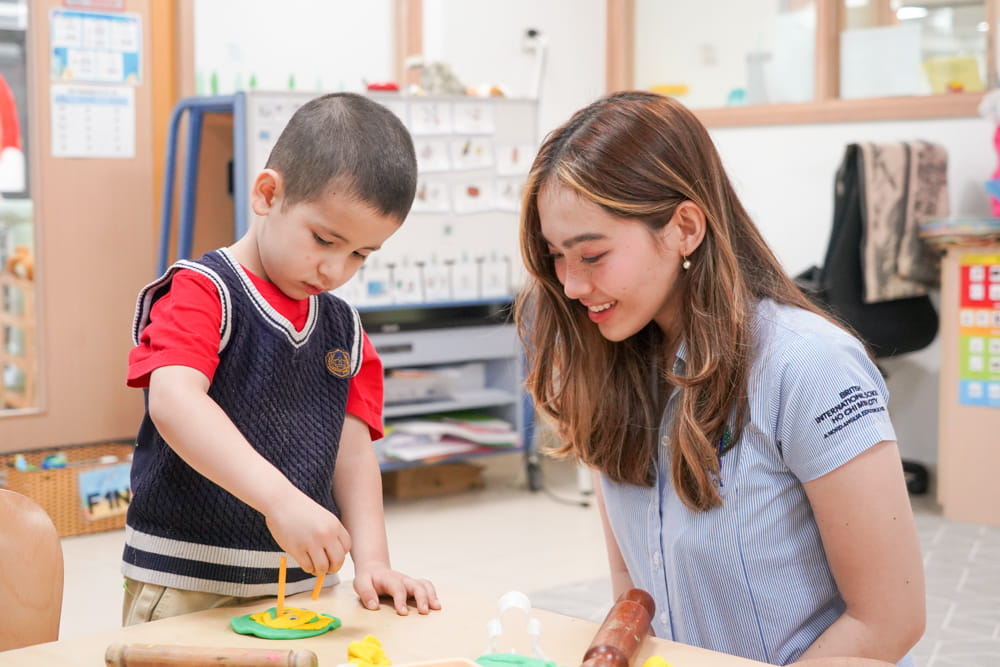Managing behaviour and creating a healthy home routine Our Learning Support Department provides advice on how to help with your child’s behaviour at home.
Parents often come to the Learning Support Department asking for advice on how to help with their child’s behaviour at home.
While every family is different, there are still some very effective behaviour management strategies you can follow, as a parent, when responding to your child's behaviour:
- Make sure your child clearly knows your expectations of behaviour - explain to them what is acceptable and what is not.
- Never 'negotiate' with your child while they are being disrespectful. Wait until they have stopped being rude and apologised before discussing any issue with them.
- Recognise and focus on any positive behaviour
- Use rewards instead of punishments (not receiving a reward can be punishment enough). Rewards and praise must be earned.
- Be consistent - try to respond to negative behaviour in the same way, whether you are in a good or bad mood at the time.
- Always follow up on what you say. Children will not listen to the threat of punishment if they think you might not go through with it anyway.
- Try not to shout - what you are saying is more important than the way you say it. Sometimes a whispered warning can be more effective than a loud one.
- Try not to give children what they want too often. Always asking for and getting what they want can leave them constantly dissatisfied.
- Use a behaviour chart: Agree together their targets and the associated rewards. Encourage your child to ‘theme’ it themselves (ie. with favourite superheroes, movies, books, vehicles, etc)
In addition to the above behaviour management strategies, it is equally effective for your child to have a healthy and productive home routine, to begin with. Children like to know where they are supposed to be and what they are supposed to be doing. One example of an after-school routine could be:
- Snack
- Wash
- Do homework/read/educational fun activity (limit screen time to 30mins)
- Dinner
- Relax - give them a choice of activities they can do (please note ipads can have a negative impact on children’s concentration and mood so you shouldn't use them as a way to relax)
- Read together (ask questions like ‘What will happen next?’ ‘Which characters do you like/dislike and why?’)
- Get ready for bed
- Go to sleep
The importance of sleep
The amount of sleep your child gets each night can also affect their behaviour. Indeed, getting enough sleep is as important as anything else for a child's emotional and physical wellbeing.
It affects their overall health and learning, for instance; their mood, memory, growth, concentration, and cognition.
The recommended amount of sleep for children according to their age is as follows:
| Age | Sleep requirements per 24 hours |
| 0 - 2 months | 12 - 18 hours |
| 3 - 11 months | 14 - 15 hours |
| 1 - 3 years | 12 - 14 hours |
| 3 - 5 years | 11 - 13 hours |
| 5 - 10 years | 10 - 11 hours |
| 10 - 17 years | 8.5 - 9.25 hours |
| Adults | 7 - 9 hours |
Here are some helpful hints for sleeping from a very useful parenting website called ‘Parenting NI’:
- Keep regular sleep and wake times
- Get into a regular bedtime routine
- Relax before bedtime
- Make sure your child feels safe at night
- Check noise and light in your child's room
Visit www.parentingni.org for more information, especially their ‘Top Tips’ and ‘Family Wellbeing’ pages.
For more information or advice about managing your child’s behaviour and learning, please feel free to make an appointment with the Learning Support Department (Junior Campus room 209, EY&I Campus rooms 202 & 309) so we can offer more specific advice.
The BIS Primary Learning Support Department







.jpg?h=1000&iar=0&w=1000&rev=b2dc7c8aa95640059a4e92304ff617df&hash=E5813A2A2B671904A50B5F2D66647596)
